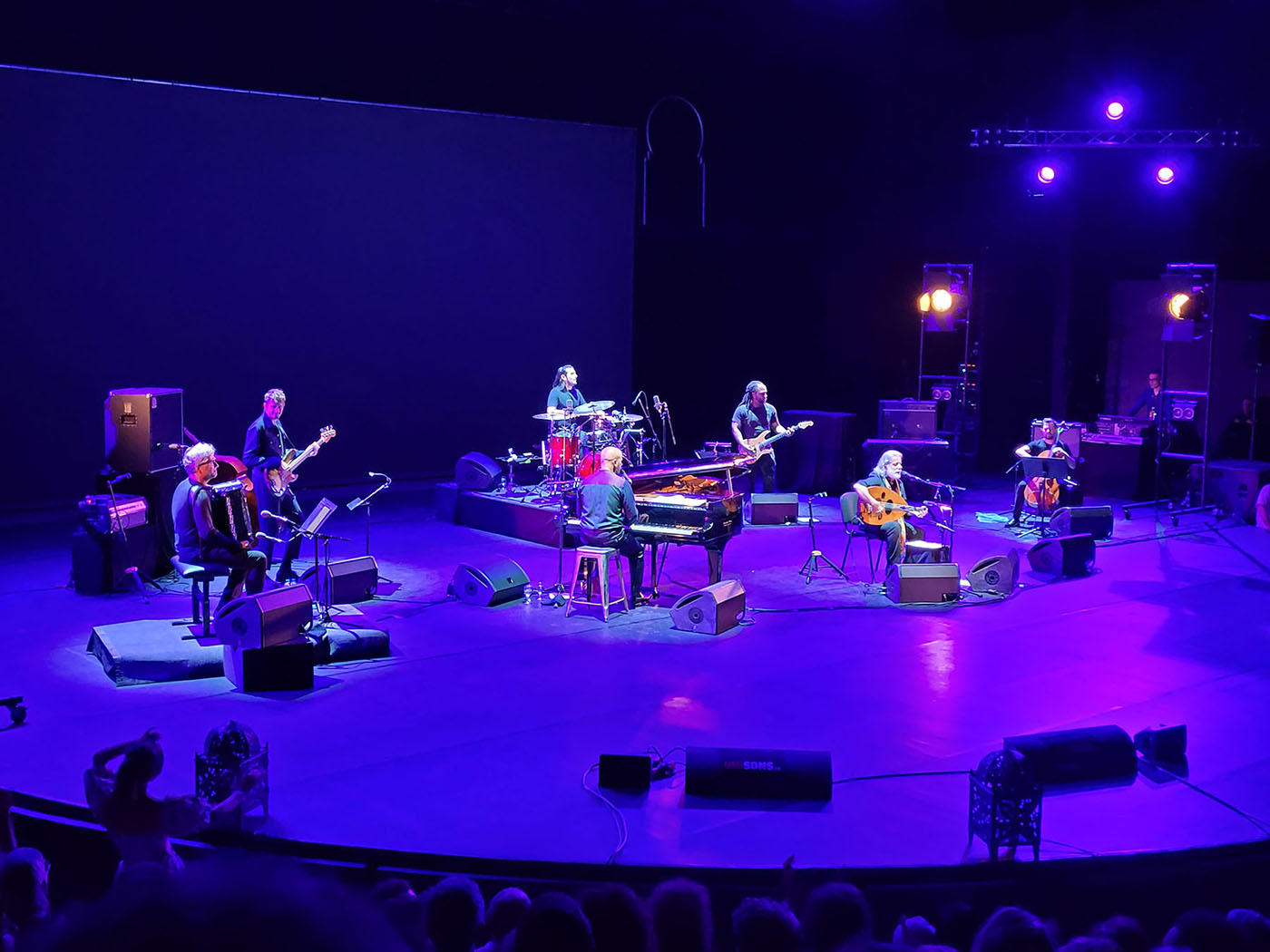
Often western media, when portraying the Arab world and the diversity of southwestern Asia, Iranian, Kurdish and Afghan cultures among them, fairs poorly at presenting the broadest imaginable picture of this vast and beautiful region. That is where the Festival Arabesques, now in its 17th edition, intervenes. From September 6-18, 2022, Arabesques — now the largest such performing arts festival in Europe — presented some two dozen concerts, film screenings, workshops and other cultural encounters to more than 20,000 spectators of all ages and backgrounds. [Ed.]
Angélique Crux
When the Festival Arabesques presents a performance at the Opéra Comédie, Montpellier’s 18th century landmark, one must expect to leave conventional clichés behind. In effect, with “Anahita,” the performers’ blend of traditional oriental music intermingled with jazz and western classical music stands out and gives a bewitching flavor through sounds, voice and dance.
The performer, Franco-Iranian mezzo Ariana Vafadari, composed the music for “Anahita,” a co-creation with Leili Anvar, also Franco-Iranian, who wrote the story, in which the two women go in search of their ancestors and the ancient legend of Anahita.
We might have been largely satisfied with the operatic, elegiac voice of Vafadari, accompanied by a pianist, a double bass player and Driss El Maloumi, majestically playing the oud.
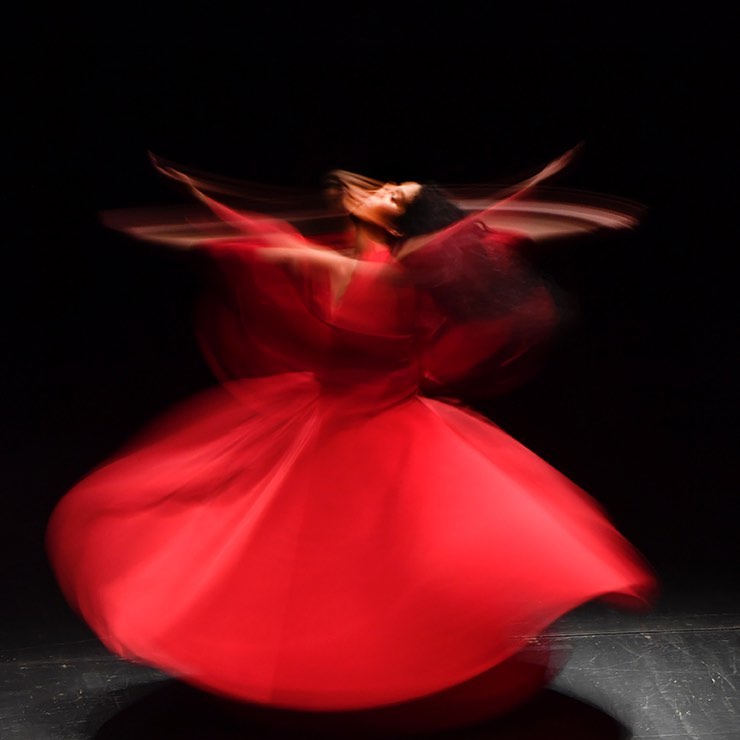
But then, Sufi artist Rana Gorgani, of Kurdish origin from Iran, added a spiritual flight of fantasy in the turmoil and the incessant turning of her hypnotizing dance, the samâ, which she performs as an act of devotion. Gorgani dominates the stage and captivates her audience; the splendor of her inner light shines through as a whirling dervish. For centuries, the ritualistic dance has been reserved for men, but for the past few decades, women, who are very much contested in Turkey, have been emancipating themselves through spirituality by reappropriating this dance.
“Anahita” is a real tribute to women who take a central place in and beyond this show — as I write this, Iranian women, and men, are out in the streets, protesting against the oppression of the state, and millions around the world are posting notes of solidarity on social media.
In another universe, at the Domaine d’O, in the Jean-Claude Carrière theater, we find the Kabareh Cheikhats, whose singers and musicians are exclusively male while being disguised as women, brilliantly interpreting the repertoire of the Aïta. These popular songs were once sung by women, the sheikhas, whose mission was to denounce loudly and clearly the evils of society. Fanny Soum-Pouyalet, Ph.D. in social anthropology and ethnology, gives us this definition: “The sheikha, a traditional singer who was once respected and honored, the only mistress of the party, has become a despised, lascivious dancer, pushed to the banks of poverty and prostitution.”
Theirs is a broad heritage of traditional Moroccan songs in a fading repertoire, so the role of Ghassan El Hakim, director and singer of Kabareh Cheikhats, is to pay tribute to these women by keeping their songs alive.
Once present at cultural celebrations and ceremonies, sheikhas were appreciated for their texts and their feminine demands; for the longest time, they were perceived as courageous and free women yet ended up being marginalized. Whether they are the sheikhas of yesteryear or today, with the Kabareh Cheikhats, we have male or female feminist artists who deviate from Moroccan social codes and mores.
In a society where cross-dressing is a bad omen, the Kabareh Cheikhats also raises the question of gender. Apart from the fact that this show is funny, even with the best intentions in the world, once again men are taking the place of women. Isn’t the point of this show to incite women to become sheikhas again, to belt out their freedom at the top of their lungs and denounce whatever they wish?

Also performing at the Domaine d’O, on the grounds of a former chateau, was Samah Mustafa, Palestinian singer, musician and music therapist. Having cut her teeth as the featured vocalist in various projects in Palestine, Morocco, Sweden, Norway, Sri Lanka, the UK and Spain, among them Jawa Tour, the New Star competition and Yabous Palestinian festival, we found ourselves swept up by her unique style. Mustafa presents as a true modern woman orchestra. Surrounded by computers and electronic instruments, she composes her own arrangements live, using the echo of her own voice. The dexterity of her fingers, flying from one key to another, is impressive. She embodies a world apart, a world one might imagine aimed at the younger generation, but think again! Samah Mustafa sings classical Arabic songs wonderfully well and appropriates Arabic folk music. The performance offers a truly innovative intergenerational music.
What is obvious is Samah Mustafa’s musical intelligence, for her harmonies make us feel elation, and as we listen, we feel we are crossing many borders.
The last piece she would perform at the festival is titled “Hope,” and we wonder why!

On this same stage, we wrap up with Ÿuma, because we cannot mention all the artists, as the Festival Arabesques this year was so rich. Ÿuma consists of Sabrine Jenhani and Ramy Zoghelmi, a Tunisian duo with two voices and a guitar, whose minimalist folk universe contrasts with the urban productions of the new Arab scene. They are multidisciplinary artists (she graduated from École des Beaux Arts in Tunis; he comes from the cinema). The two amateur rockers spontaneously found themselves in the acoustic softness of intimate songs, but also in a militant approach.
In Ÿuma, the woman and the man are artistically equal, each one making light for the other. They are beautiful, touching, simple and shy. Their eyes close on the melodies, and never cease to open again to see each other; they breathe together, sing together, shine together. In this harmonious agreement, time has no place, only the beauty of their songs is our dimension.
Committed artists, they speak of love, forced marriages, the condition of women … with modesty and much gentleness.
To claim their identity, they choose to write their texts in Tunisian dialect. Stripped of all arrangements, their music is pure, only a guitar in a folk-blues style accompanies them. Sabrine Jenhani and Ramy Zoghelmi were among the highlights of this beautiful festival, dedicated to the diverse sounds and colors of the Arab/Muslim world.



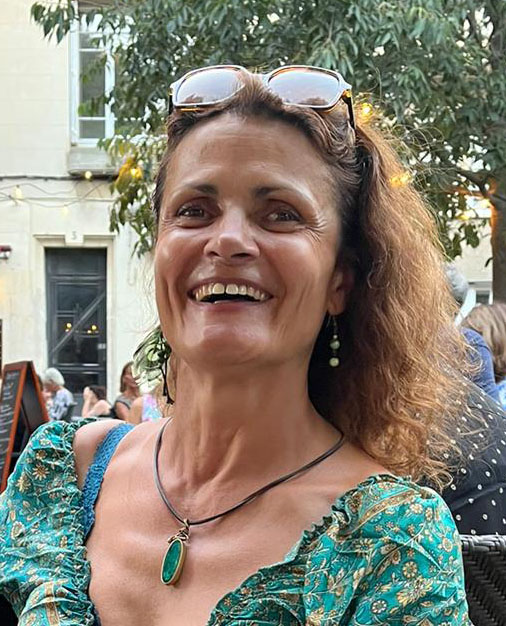
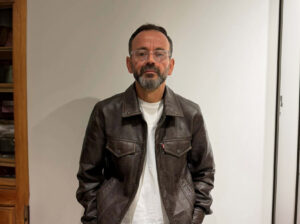
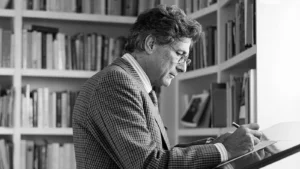
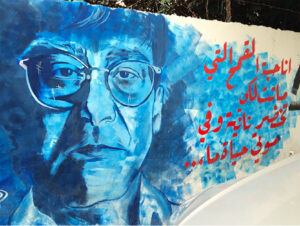
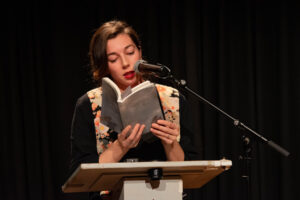
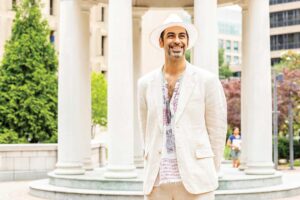

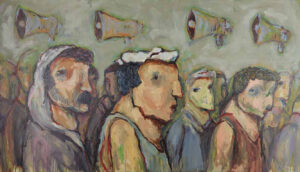










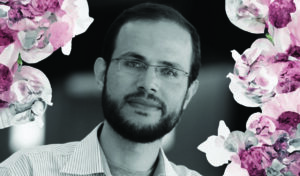

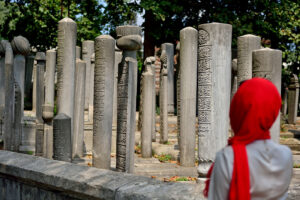

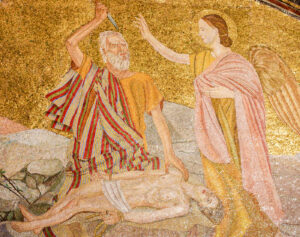
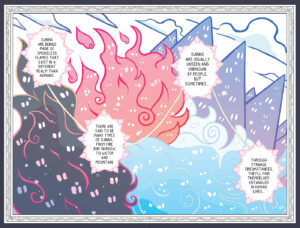



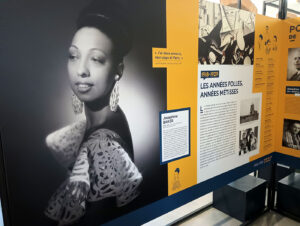





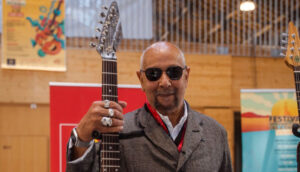

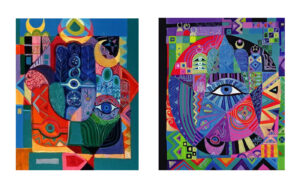
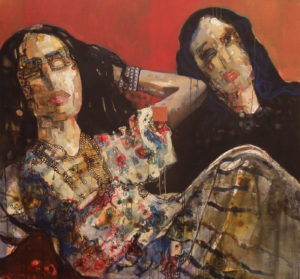




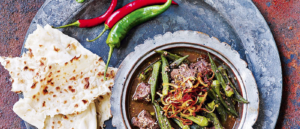

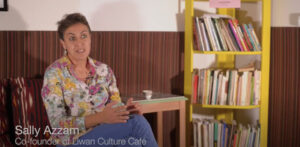





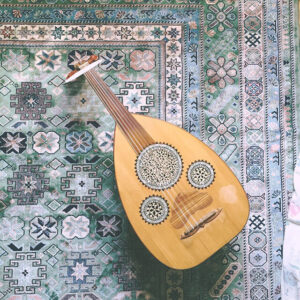
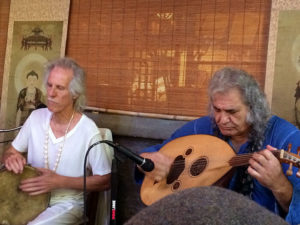

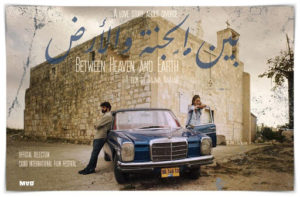

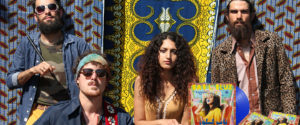
Wonderful music! From reading this, I wish I had been there